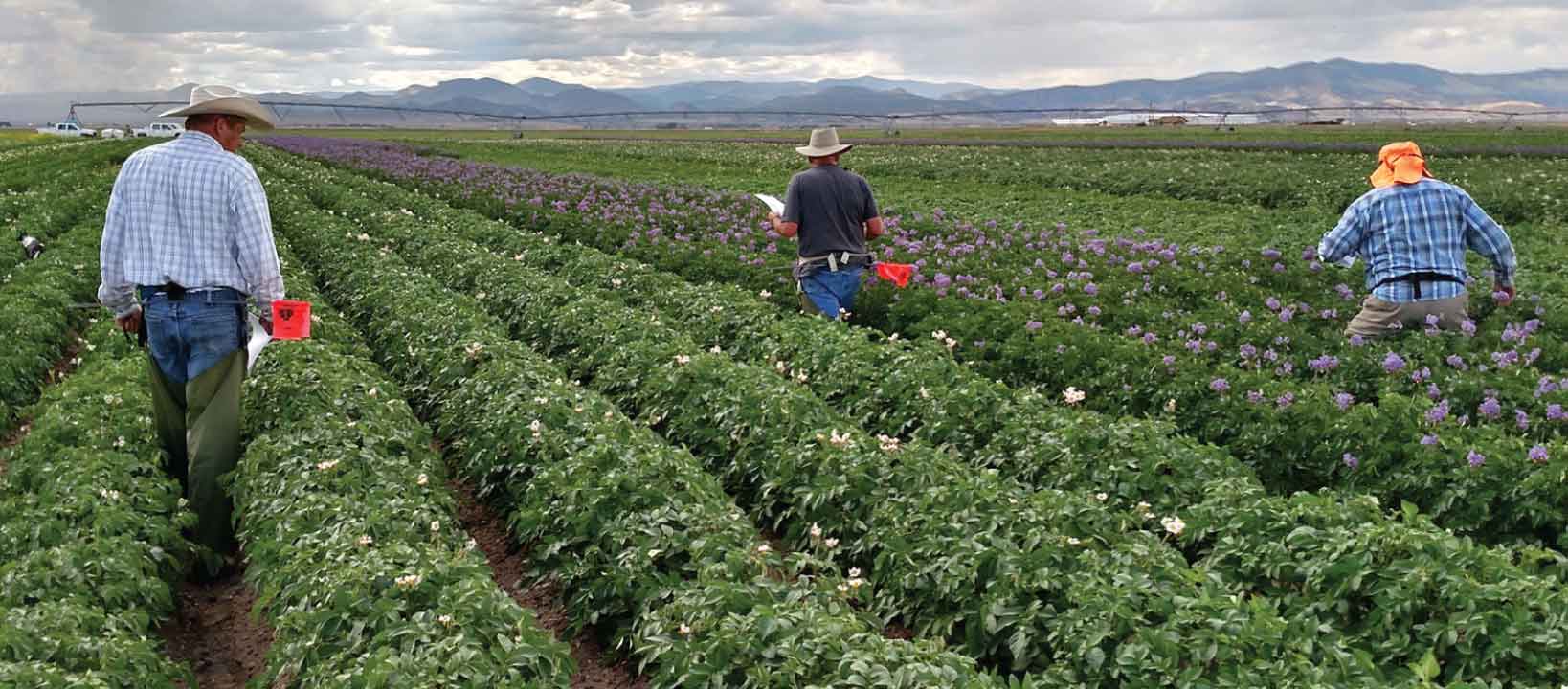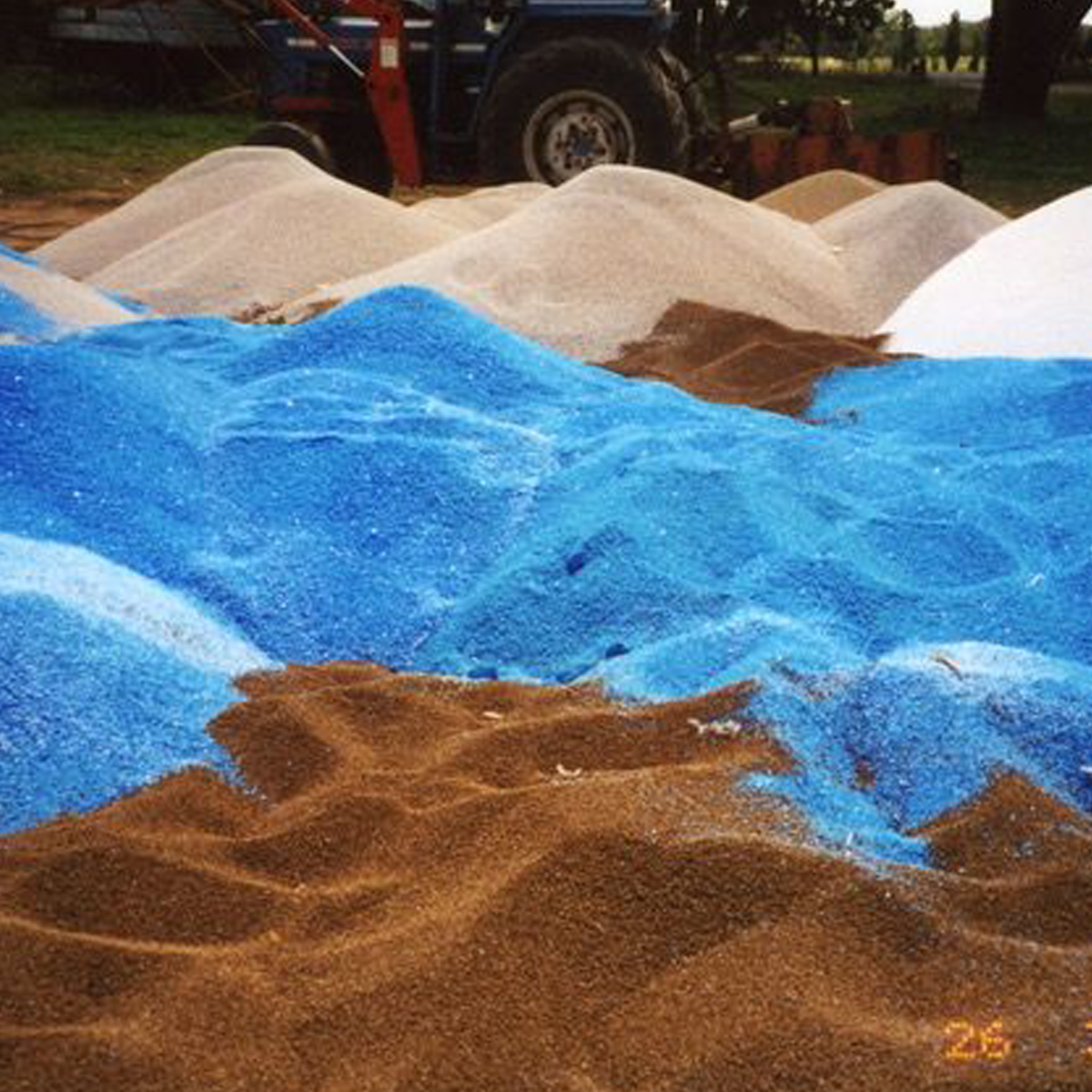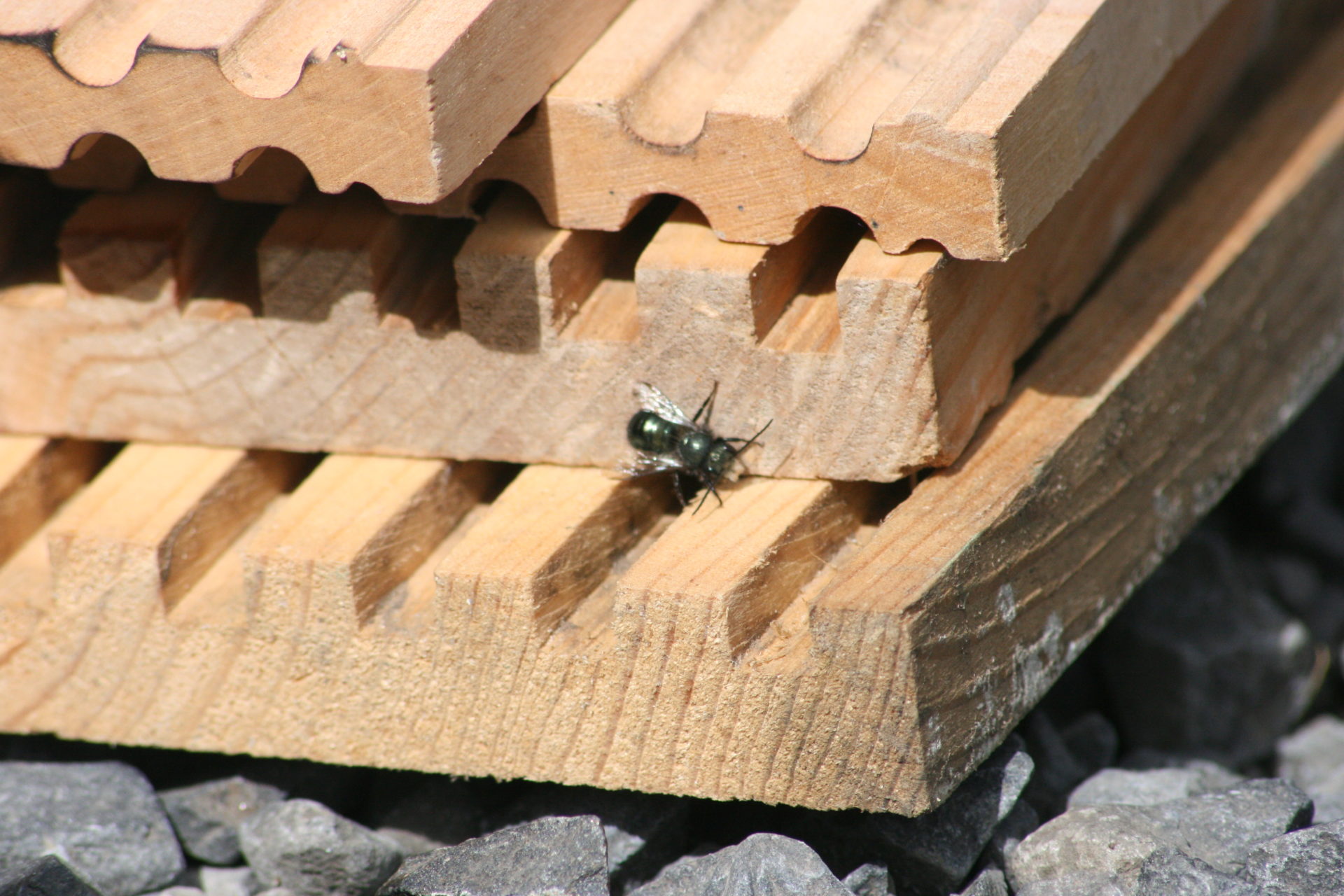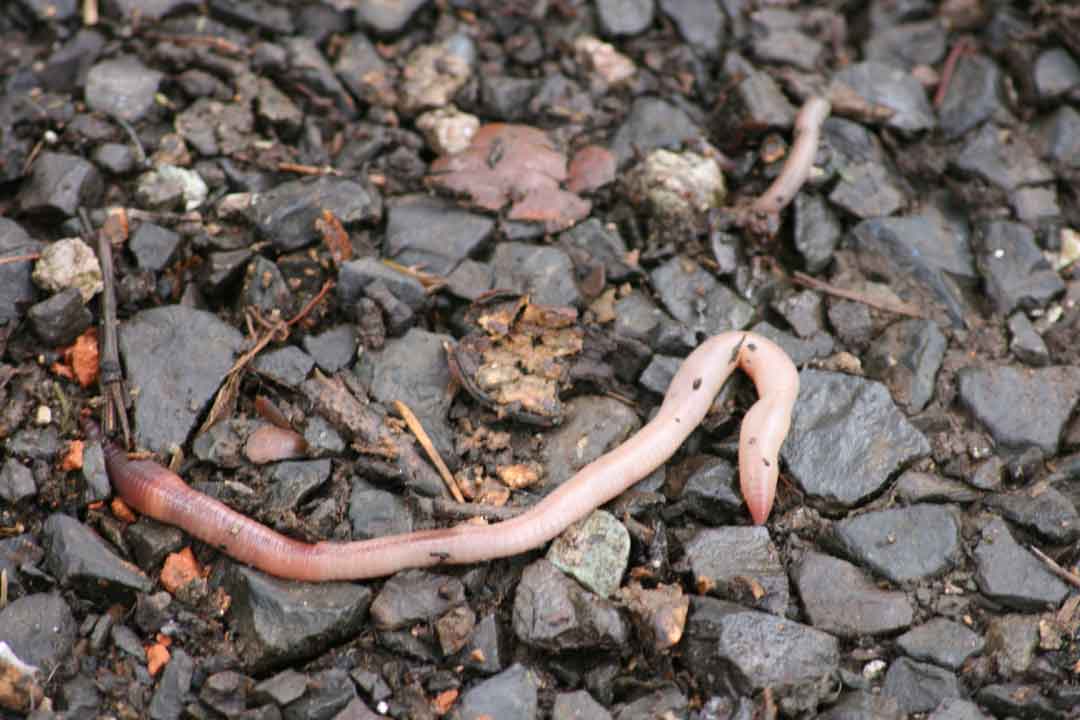Back in 1982, The Fixx had a hit with the song “One Thing Leads to Another.”
In south-central Colorado’s high desert, Rockey Farms has followed that path. Beginning with integrated pest management, the multi-generational family farm has experimented and implemented one new farming practice after another, steadily increasing their sustainability, profitability, soil health and crop quality.
And it began with IPM.
“My grandfather started the farm in 1938, raising potatoes and he had some pasture for sheep,” recalled Brendon Rockey, who runs the farm now with his brother Sheldon. “But the first shift for us as far as being more sustainable came 25, 30 years ago when my uncle wanted to really avoid toxic chemicals. He didn’t like being personally exposed to them, didn’t think they were good for our soil and didn’t really think they were going to be good for our consumers as well.”
So the farm started eliminating chemical pesticides. It wasn’t a big success.
“We had such a dysfunctional system at the time,” Rockey said. “We had poor soil health and a real lack of diversity on the farm. We really didn’t have a system created that could handle getting rid of the chemicals.”
But instead of going backward, Rockey Farms pressed on. They’d been rotating barley as a cash crop with their potatoes, but a drought in the already water-limited area made that rotation impossible. They planted a cover crop. Year one it was all sorghum. But Brendon Rockey was already seeing the benefits of diversity and in year two, the cover crop was a seven-species mix.
“Watching these plants grow together, it just made so much sense to me,” he said. “I could see them interacting with each other. Diversity became a foundation for us.”
Except for the potatoes. That was still a monoculture, and that bothered Rockey.
“Then one day I was out in the potatoes and came across a patch of field peas that was growing volunteer,” he said. “And I remember thinking, ‘Well, I don’t think those peas are doing any harm.’”
So the next year, he pushed forward again. Despite having about six inches of rainfall annually to work with, Rockey intentionally planted peas with some of his potatoes. It worked.
“I was just so pleased with how well the two plants interacted with each other,” he said. “They weren’t creating competition, but were actually collaborating with each other. We didn’t end up using any more water, and we had a slightly higher yield in the intercropped blocks. I was always taught that any plant out there that isn’t your cash crop is creating competition, and that wasn’t the case.”
The next year, Rockey Farms pushed forward again, planting diverse companion crops in their potato fields, mostly legumes. Then seeing an increase in insect diversity, they added buckwheat and flower strips and companion flowering crops.
“I started discovering all of these things were stacking on top of each other and all the benefits I was getting from these practices,” he said. “It was amazing to me how many problems just disappeared by simply bringing diversity into the rotation.”
Higher quality – and profits – followed.
“I think a lot of times we get stuck in this dynamic that we always think that we have to grow more crops in order to make more money,” he said. “We decided to do a higher quality crop and really became more efficient with our inputs. The way we’re farming now, we feel like we’ve really eliminated a lot of expenses of growing the crops. Every time we spend the money now the focus is on investing in the soil.”
And Rockey doesn’t see these stacked benefits ending at the farm boundary. He believes one thing will continue to lead to another.
“For a while, we were stuck in this real linear mindset that whenever we had a problem we’d go out and try to kill the problem off,” he said. “Adding living components to our farm are now controlling those insect populations. We’re growing a crop to feed other people, so it’s all about life. It was really confusing to me that with all this life, we were trying to solve our problems with death.”
“So instead, now we want this dynamic living system that functions properly and in the end we end up with a good crop,” he said. “And it’s helping create healthier human beings as well. It’s all about this positive life.”
Brendon Rockey was interviewed for an upcoming podcast series by Western SARE. Please visit westernsare.org to listen to the podcast.






